The Truth about Interracial Friendships in the U.S.
 Our world today is becoming more multicultural with every passing day. Given this fact, you would expect more people to have more interracial friendships (non-romantic). But much as interracial friendships are important to building a better, more racially tolerant society, less attention is given to these friendships in comparison with interracial romance. And much as these friendships aren't as taboo as interracial romance, according to various studies, their rate of occurrence isn't as frequent as you would expect.
Our world today is becoming more multicultural with every passing day. Given this fact, you would expect more people to have more interracial friendships (non-romantic). But much as interracial friendships are important to building a better, more racially tolerant society, less attention is given to these friendships in comparison with interracial romance. And much as these friendships aren't as taboo as interracial romance, according to various studies, their rate of occurrence isn't as frequent as you would expect.
How many times have you heard this defensive statement: "Some of my best friends are black" when a white person finds themselves caught up in some racial controversy? It happens a lot. Its as if to say - having black friends makes one non-racist and/or racially tolerant. Well apparently and the reality of the matter on the ground is that most white people don't have black friends. Acquaintances and coworkers? Yes. Genuine interracial friendships? Uncommon. This is revealed by several studies:
Find your soulmate on LatinoLicious










One study measured how frequently interracial friendships exist in the United States by examining more than 1,000 photographs of wedding parties. The researcher used this method because people typically reserve a space in their wedding parties for their true friends. The study revealed that while whites and Asians are equally as likely to have each other in their wedding parties, blacks are far more likely to include whites and Asians in their wedding parties than the inverse.
This signals that anti-black racism certainly plays a role in the development of interracial friendships or lack thereof.
So why and how best can people develop and cultivate interracial friendships?
First off, racial tolerance is important for both parties involved. Race plays a major role in the formation of interracial friendships even in children. Stereotypes and expectations from and by both parties from either ethnicity need to be addressed. America still remains a racially divided society, something that is inhibiting the cultivation of these relationships. Even those who are open and willing to make interracial connections confess that it can be sometimes difficult.
And racial segregation prevents this because you may find some mainly White neighborhoods, mainly Hispanic or mainly Black where it might be unlikely to see someone from a different race in such places. Then there are those that work in racially homogeneous organizations as demonstrated by Paul Ryan's all white selfie of Capitol Hill interns.
Race also affects relationships in children. They are not colorblind. Children use race rule out potential peers as friends. Much as they are more likely to form interracial friendships in comparison to adults, they are also more likely to form intra-racial ones with White children viewing interracial friendships more negatively than black children do (except the White kids in majority black schools). Some youth on the other than felt their parents wont approve if they had interracial friends.
White youths in majority white schools or racially mixed schools felt differently, with some admitting that they thought their parents would disapprove if they brought a friend from another race home. According to studies, children interracial friendships exhibit higher levels of self-esteem and social competence.
That said, the above obstacles can be overcome if one us proactive and serious about cultivating an all inclusive circle of friends. Start by connecting more with those acquaintances and coworkers from different races. Join racially diverse groups and/or attend racially diverse events such as the loving day flagship celebrationwhere they build multicultural awareness. Parents should also cultivate racial tolerance in their children and encourage these relationships.
Once you set the ball rolling, be culturally sensitive and avoid making jokes out of some of the stereotypes people hold about certain racial groups. Treat you new interracial friend as an equal.
3 responses to "The Truth about Interracial Friendships in the U.S."
Leave a reply
You must be logged in to post a comment.
-

-
 blackbelle01 says:Posted: 04 Aug 16
blackbelle01 says:Posted: 04 Aug 16I guess that I have always been fortunate to have friends that were from all different races. My best friend growing up was a little white girl named Rhonda Sue. We lost touch when her family moved after Junior High. We were always together and she would tell everyone that I was her sister when we went places together. We were not taught to dislike people because of their race and I feel that I am a better person because of my upbringing .
Reply to this comment -









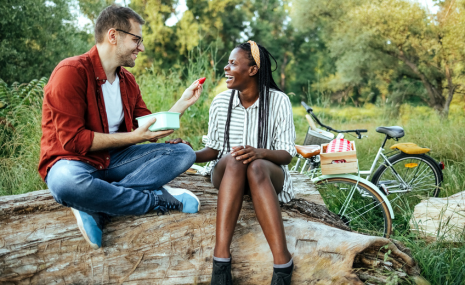
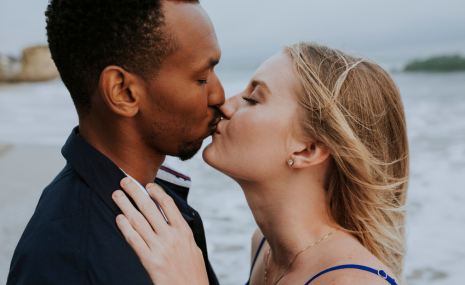
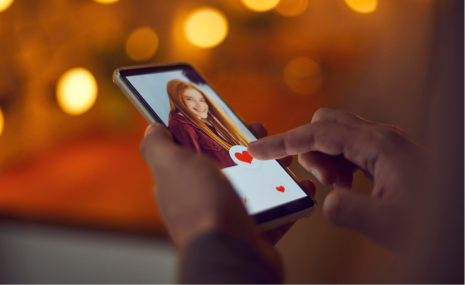
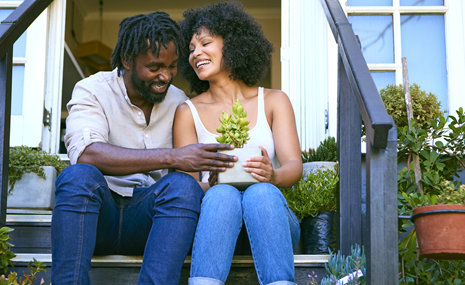
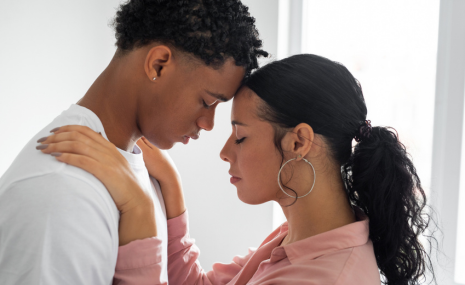
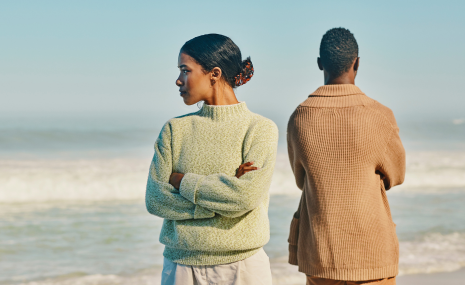
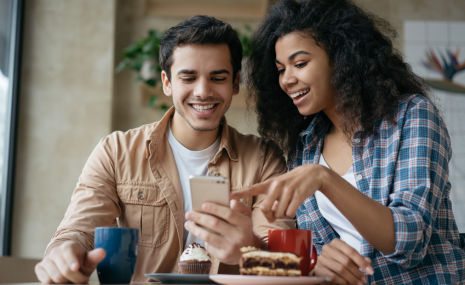
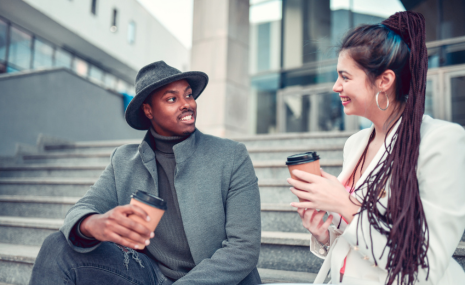
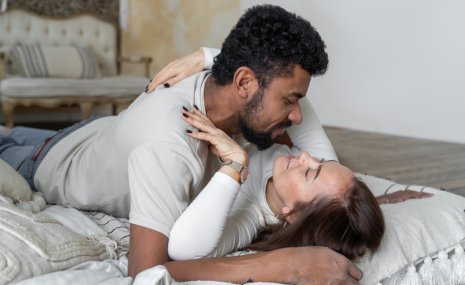
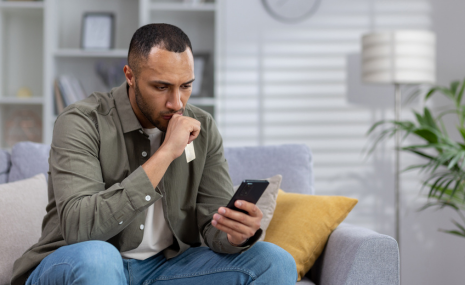





























I'm a baby boomer and I've always had friends of different cultures and races. I had a white friend in my wedding party and that was in 1980. I think that we put too much emphasis on this interracial thing. A lot of it also depends on how we assimilate within our society. I've seen many Black women behaving like they "think" they are supposed to act around other cultures. Being wayyyyy too loud, head rolling and finger popping to the extreme, excessive twisting and trying to be overly sexy when out with a white man... it's like we don't know who we are and how we are suppose to behave. Should we be that "black thang" or be more white? I think that the key to forming relationships and friendships with other people is in how you behave, your intellect and how you carry yourself. Asians are becoming the "new white" I've noticed... I would say what I've observed about their persona but it would cause an uproar. But having said that, I think it's all in how you carry yourself. If you want respect and trust, you have to behave that way.